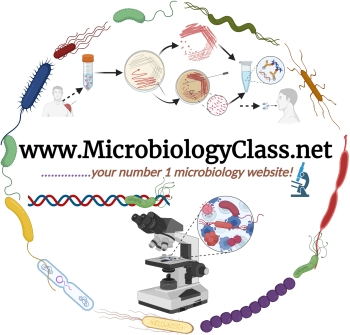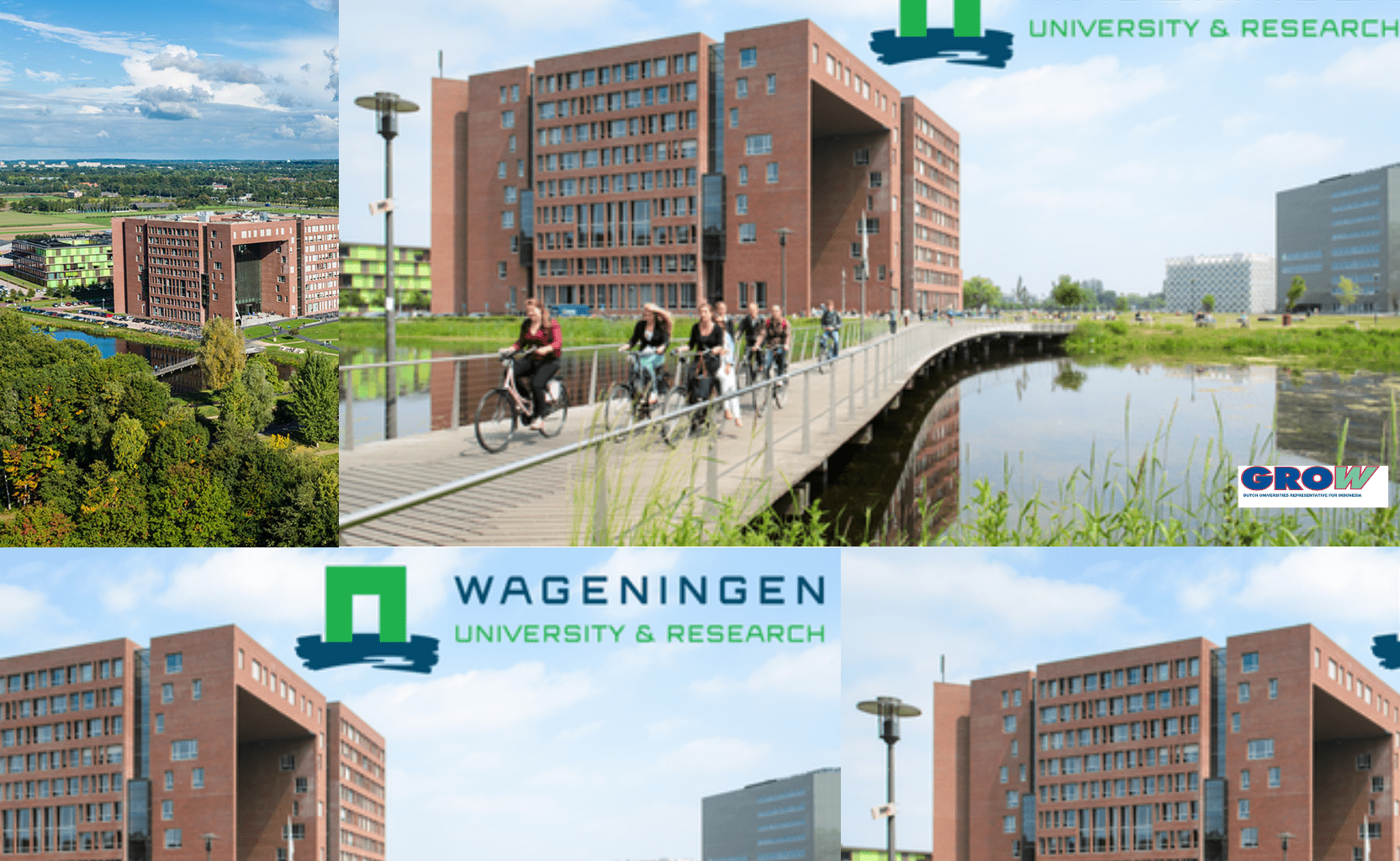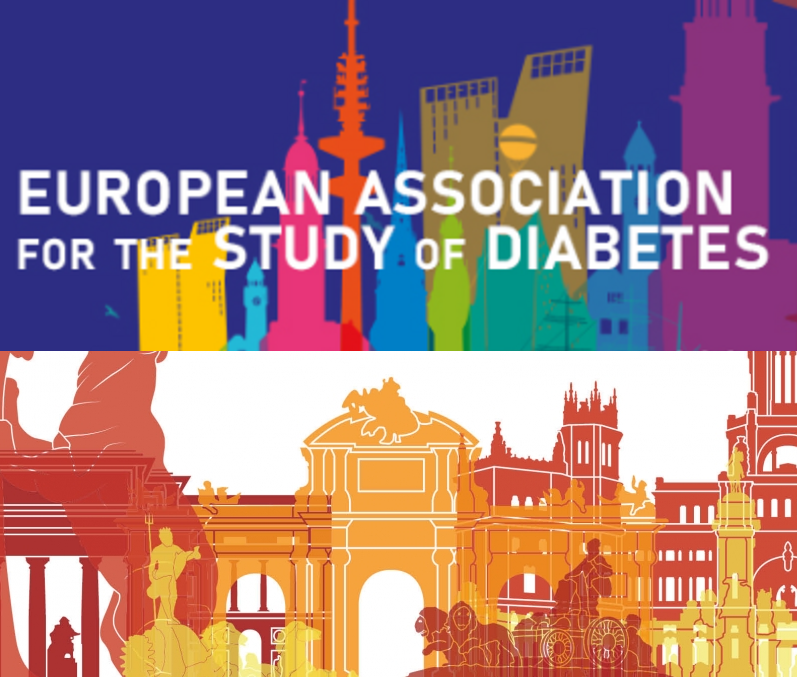Your job
The present PhD student position and associated research project is part of the 13 PhD projects of the VIVACE Doctoral Network, funded by the Marie Sklodowska-Curie action of the Horizon Europe programme.
Context on the VIVACE doctoral Network
While outbreaks of highly pathogenic avian influenza viruses (HPAIV) in Europe used to be rare and geographically contained, the situation has dramatically changed in the last few years with thousands of outbreaks reported in domestic poultry and wild birds.
Vaccination of poultry against avian influenza, which used to be prohibited in the European Union (EU) due to trade restrictions, is now being given full consideration, as it is becoming clear that traditional prevention and control approaches alone will not curb the accelerating pace of occurrence of devastating HPAIV epidemics. However, vaccinating poultry does not come without important challenges.
The project VIVACE, gathering 15 leading universities or research institutes and 5 private companies, puts together an ambitious doctoral network to integrate poultry vaccination approaches into efficient management strategies for HPAIV. This interdisciplinary project offers funding for 13 PhD scholarships along the continuum from virology and immunology to spatial and molecular epidemiology, computer sciences and social and behavioural sciences. Irrespective of their background, all doctoral candidates from VIVACE will benefit from a unique international training in these fields, as well as state-of-the-art soft skill development. In doing so, the VIVACE consortium ambitions to train the next generation of scientists with integrated understanding and expertise in avian influenza management.
More information about the project: https://www.inrae.fr/en/news/management-avian-influenza-vaccination-context
Deadline: Fri 31 January 2025
Description and objectives of the PhD project
Highly Pathogenic Avian Influenza (HPAI) is a serious disease affecting poultry, with significant economic and public health implications. Vaccination and biosecurity measures (e.g., hygiene protocols or restricting farm access) are critical for controlling outbreaks, but not all farmers adopt these measures.
This PhD project aims to develop a multiple burden model of avian influenza. This means that in close collaboration with other PhD projects within VIVACE (particularly with a project aimed at the economics and two projects aimed at the epidemiology of avian influenza) the environmental and animal welfare disease burden will be modelled. The developed model can be used to evaluate control strategies at farm level that can be updated with newly available information.
Specific objectives of this project are to:
- identify animal-based welfare indicators that are physically affected by the occurrence of avian influenza and elicit welfare impairment weights,
- develop a farm simulation model to study the animal health and welfare burdens of avian influenza and control strategies,
- integrate the environmental burden in the farm simulation model and identify the trade-offs between animal health, welfare, and the environment,
- (quasi-)optimize the model with newly available and farm-specific information to accurately represent the multiple burden effect on farm-specific level.
The candidate will collaborate with an interdisciplinary team of researchers in economics, social sciences, and veterinary sciences to achieve these objectives.
Your qualities
We are seeking an enthusiastic and results-driven candidate who meets the following criteria:
- An MSc degree with proven knowledge on quantitative modelling of animal health and a proven interest in economics, and/or animal welfare and/or life cycle analysis. Typical MSc degrees could be:
- Animal sciences
- Veterinary Epidemiology
- Veterinary sciences
- Agricultural or business economics
- Strong teamwork skills for multidisciplinary collaboration ;
- Proficiency in both oral and written English (C1 level or equivalent) ;
- Analytical skills with experience in quantitative modelling of animal health or quantitative analysis at the farm level;
- Regional knowledge (preferred): Affinity with or knowledge of Dutch, French, or European livestock production.
You will work here
The research is embedded within the chair Business Economics, you will be supervised by Prof. Henk Hogeveen, Personal professor in the field of animal health management and a world-wide recognized expert in the research field economics of animal health, Dr. Bart van den Borne, Lecturer and researcher, specializing in epidemiology and economics of animal diseases and Dr. Wilma Steeneveld: Assistant professor at the Faculty of Veterinary Medicine, specializing in the economics of animal health.
Hosting arrangements (including the secondment plans)
During the course of the PhD, the candidate will complete a secondment at INRAE (Toulouse, France) under the supervision of dr. Timothée Vergne to understand and apply epidemiological models of HPAI with and without vaccination, and one at the University of Liverpool under the supervision of prof. Jonathan Rushton to align the research with the PhD project carried out at the University of Liverpool. The research will be carried out in collaboration with Utrecht University.
Benefits
Wageningen University & Research offers excellent terms of employment. A few highlights from our Collective Labour Agreement include:
- Partially paid parental leave;
- working hours that can be discussed and arranged so that they allow for the best possible work-life balance;
- there is a strong focus on vitality and you can make use of the sports facilities available on campus for a small fee;
- a fixed December bonus of 8.3%;
- excellent pension scheme.
In addition to these first-rate employee benefits, you will receive a fully funded PhD position and you will be offered a course program tailored to your needs and the research team.
The gross salary for the first year is € 2.901,- per month rising to € 3.707,- in the fourth year in according to the Collective Labour Agreements for Dutch Universities (CAO-NU) (scale P). This is based on a full-time working week of 38 hours. We offer a temporary contract for 18 months which will be extended for the duration of the project if you perform well.
There are plenty of options for personal initiative in a learning environment, and we provide excellent training opportunities. We are offering a unique position in an international environment with a pleasant and open working atmosphere.
Coming from abroad
Wageningen University & Research is the university and research centre for life sciences. The themes we deal with are relevant to everyone around the world and Wageningen, therefore, has a large international community and a lot to offer to international employees.
Do you want more information?
For more information about this position, please contact Prof. Henk Hogeveen (henk.hogeveen@wur.nl)
For more information about the procedure, please contact Noorien Abbas, Corporate Recruiter, recruitment.ssg@wur.nl
Do you want to apply?
You can apply directly using the apply button on the vacancy page on our website which will allow us to process your personal information with your approval. Your application should consist of:
- a CV (max 2 pages) demonstrating your relevant experience;
- a maximum of two reference letters;
- a motivation letter (max 1 page) where you state why you are interested and what experience you have to address the aspects of the project.
This vacancy will be listed up to and including 31 January 2025. We hope to schedule the first job interviews soon after the closing date. Online or onsite interviews of shortlisted candidates will be held between February 8 and February 15, 2025.
More information: https://www.wur.nl/en/vacancy/phd-position-environmental-and-welfare-impacts-of-vaccination-to-control-avian-influenza.htm
Discover more from #1 Microbiology Resource Hub
Subscribe to get the latest posts sent to your email.





